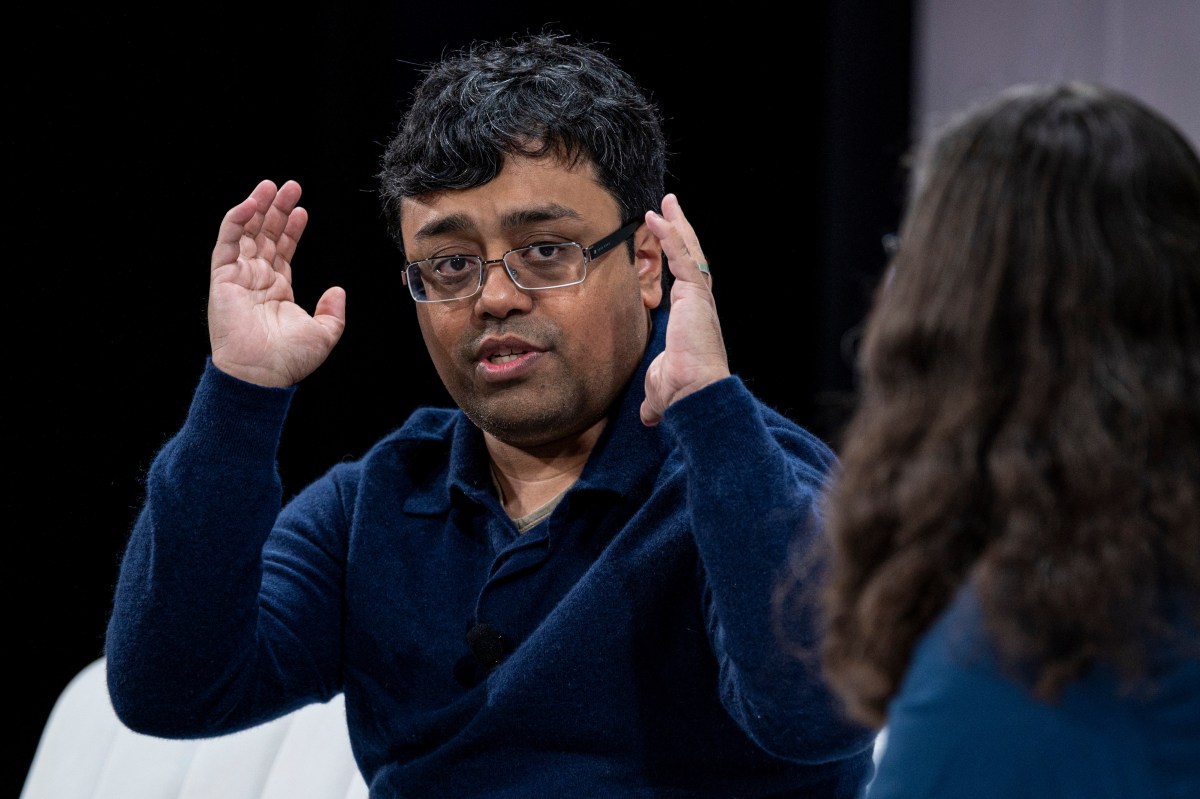

OpenAI, the renowned artificial intelligence research lab, is currently facing a crisis that has sent shockwaves through the organization. The turmoil began with the sudden removal of Sam Altman, the co-founder and former CEO of OpenAI. Altman's dismissal was a result of internal conflicts surrounding strategic direction and management style, leading to a cultural schism within the company. This rift has particularly strained the relationship between Altman and co-founder Ilya Sutskever, with clashes over the pace of development and the focus on safety and caution.
The unique ownership structure of OpenAI, as a for-profit arm of a nonprofit public charity, has further complicated the situation. The power struggles within the organization have intensified, causing instability and uncertainty. Greg Brockman, the chairman of the board, has also resigned in the wake of the crisis, adding to the growing list of departures.
Mira Murati, OpenAI's CTO, has been appointed as the interim CEO while the search for a permanent successor is underway. However, the crisis has raised concerns about OpenAI's fundraising capabilities and engineering talent pool as it navigates this challenging transition.
OpenAI's partnership with Microsoft, which has been instrumental in its growth, has also come under scrutiny. Despite Microsoft CEO Satya Nadella expressing confidence in the interim CEO and reaffirming the commitment to the partnership, doubts linger about OpenAI's future prospects.
The incident at OpenAI has not only impacted the organization internally but has also sparked broader questions about the future of AI and its potential impact on society. The concerns range from job displacement to wealth inequality, as well as the impact of AI systems on democracy and employment.
Speculation surrounds the potential return of Sam Altman to OpenAI. Altman has received support from OpenAI executives and investors, indicating a desire for his comeback. However, Altman's own intentions remain unclear. If Altman decides not to return, there is speculation that he may collaborate with Brockman and potentially most of the OpenAI staff to form a new venture.
The future of OpenAI hangs in the balance as it grapples with the aftermath of Altman's departure and the potential for his return. Trustworthiness and transparency will be crucial for the organization to regain stability and address concerns about its long-term goals.
Meanwhile, Stability AI, the troubled AI image-generator startup behind Stable Diffusion, is seeking a fresh start with a new CEO and a surge of investment. The company has struggled to capitalize on the popularity of its open-source technology and has faced lawsuits and other business problems. Stability AI announced a 'significant' infusion of funds from new investors, including Sean Parker, Facebook's former president and Napster co-founder, who will now chair the company's board. Other investors include former Google CEO Eric Schmidt. Prem Akkaraju, the former CEO of Weta Digital, will become the new CEO of Stability AI. The previous CEO and co-founder, Emad Mostaque, resigned in March [2d8b5b67].
The appointment of a new CEO and the influx of investment signal Stability AI's determination to turn the company around. With the expertise and experience of Prem Akkaraju and the support of high-profile investors, Stability AI aims to overcome its previous challenges and leverage its open-source technology to achieve success in the AI image-generation market.
The struggles faced by OpenAI and Stability AI highlight the complexities and challenges of the AI industry. Both organizations are grappling with internal conflicts, leadership changes, and the need to navigate the evolving landscape of AI technology. The outcomes of these struggles will shape the future of AI research, development, and deployment, with implications for society at large.